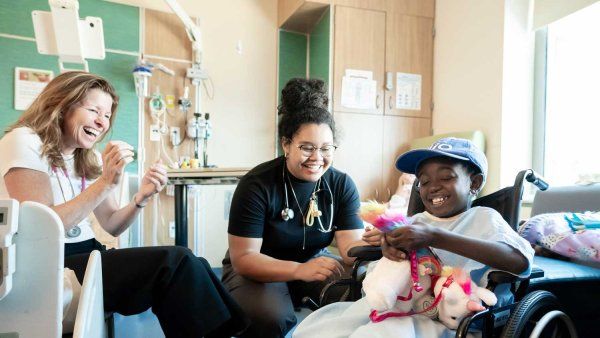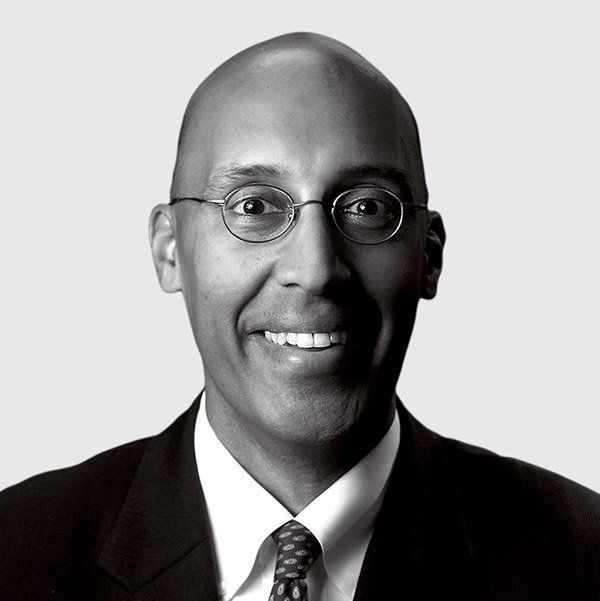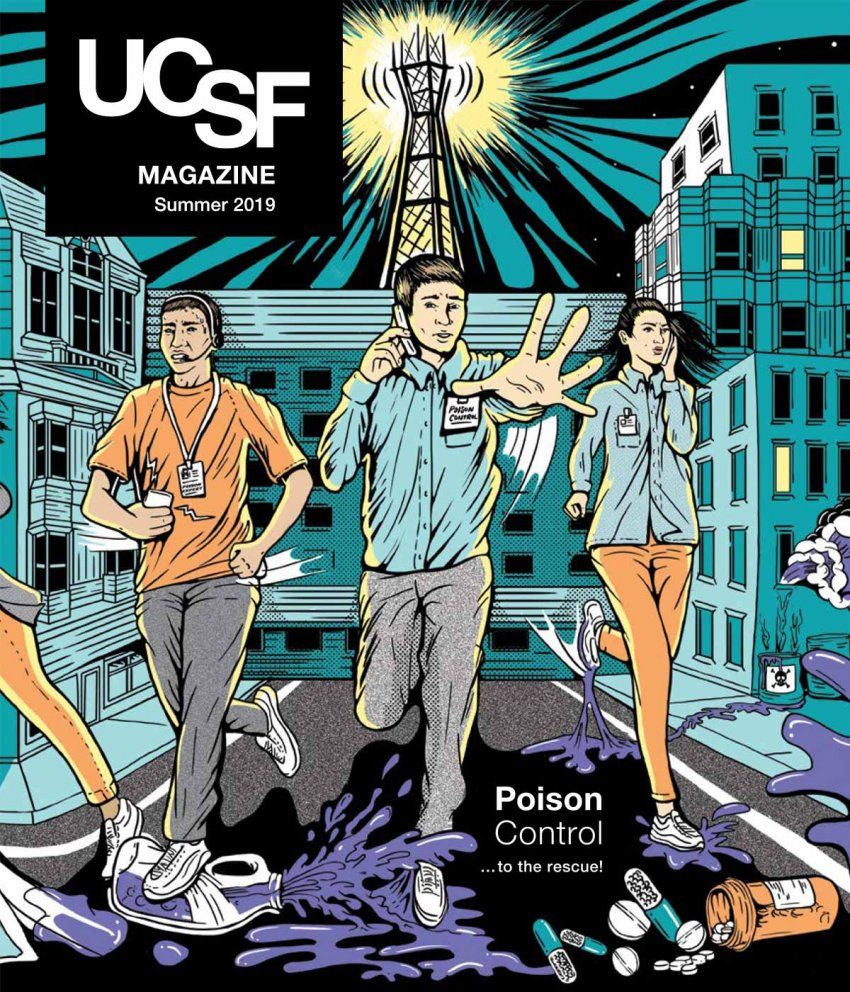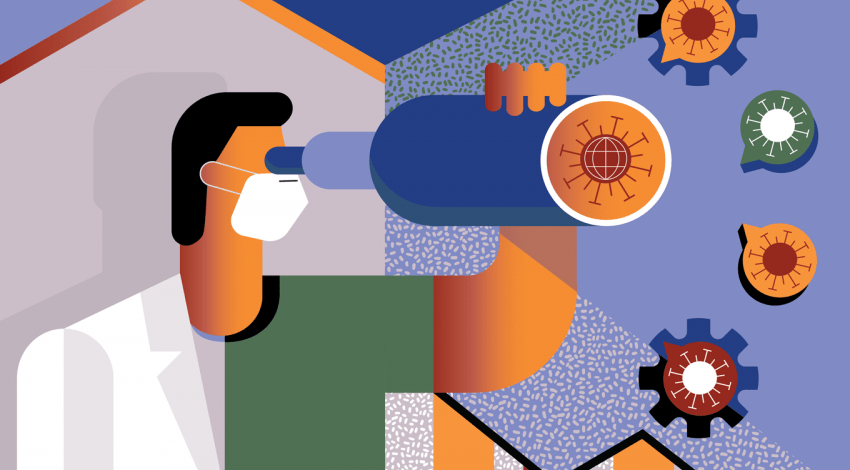
How Do We Achieve Excellence?
Master diagnostician Gurpreet Dhaliwal, MD, shares some tips for achieving excellence in medicine – or beyond.

Illustration: Jing Jing Tsong
Gurpreet Dhaliwal, MD, is a nationally acclaimed “master diagnostician.” During grand rounds, he often impresses large audiences of medical professionals by unraveling complex medical mysteries with deductive reasoning. Also the site director of the internal medicine clerkship at the San Francisco VA Medical Center (and a UCSF resident alumnus himself), he regularly teaches clinical reasoning to medical students and residents, too. Here, Dhaliwal shares four strategies for how to excel in any field.

Gurpreet Dhaliwal, MD, Professor of Medicine
Set your intention
Aim to master all the core skills of your field, but choose one area in which to truly excel, and commit yourself to that specialty.
Take on added challenges
Seek extra work. Dhaliwal says some people might ask, “Why do I always need to keep presenting myself with more problems?” But over the long term, continually challenging yourself will shift your performance from good to great.
Put yourself in front of as many real-world cases as possible to add to your brain’s catalog of experiences. Take on extra assignments, learn from your colleagues’ cases, moonlight, and be relentless in the learning you extract from each experience.
Always be learning
Analyze the moves of exceptionally talented players in your field. Great athletes and chess players study how, move by move, epic contests were won.
Pursue final outcomes. In medicine, this often means hunting down what happened to a patient after they leave your care. The brain needs to know how a story ends in order to do better next time.
As soon as you learn something new, the brain begins forgetting. You can counter this by teaching what you’ve learned to others – or teaching it back to yourself.
When you find you were wrong, examine your mistake rather than reacting emotionally.
Develop self-awareness
Becoming aware of your biases – and we all have them – is critical to learning and decision-making. Cognitive biases are shortcuts that the brain takes to assess the probability of various outcomes, but they sometimes lead to poor decisions.
Monitor your thinking process. Doing this is not natural, and it takes great effort and vigilance. “In medicine, thinking is our most important procedure,” says Dhaliwal. “When you step back and analyze your own thinking, you develop knowledge, wisdom, curiosity, and humility. We need doctors to have all of these in abundance.”




